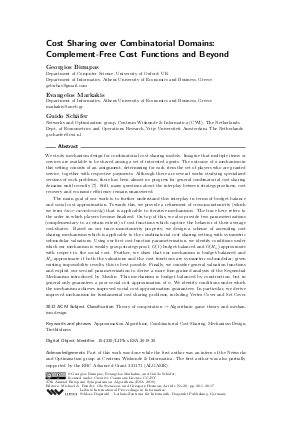LIPIcs.ESA.2019.20.pdf
- Filesize: 0.52 MB
- 17 pages

 Creative Commons Attribution 3.0 Unported license
Creative Commons Attribution 3.0 Unported license

















Feedback for Dagstuhl Publishing